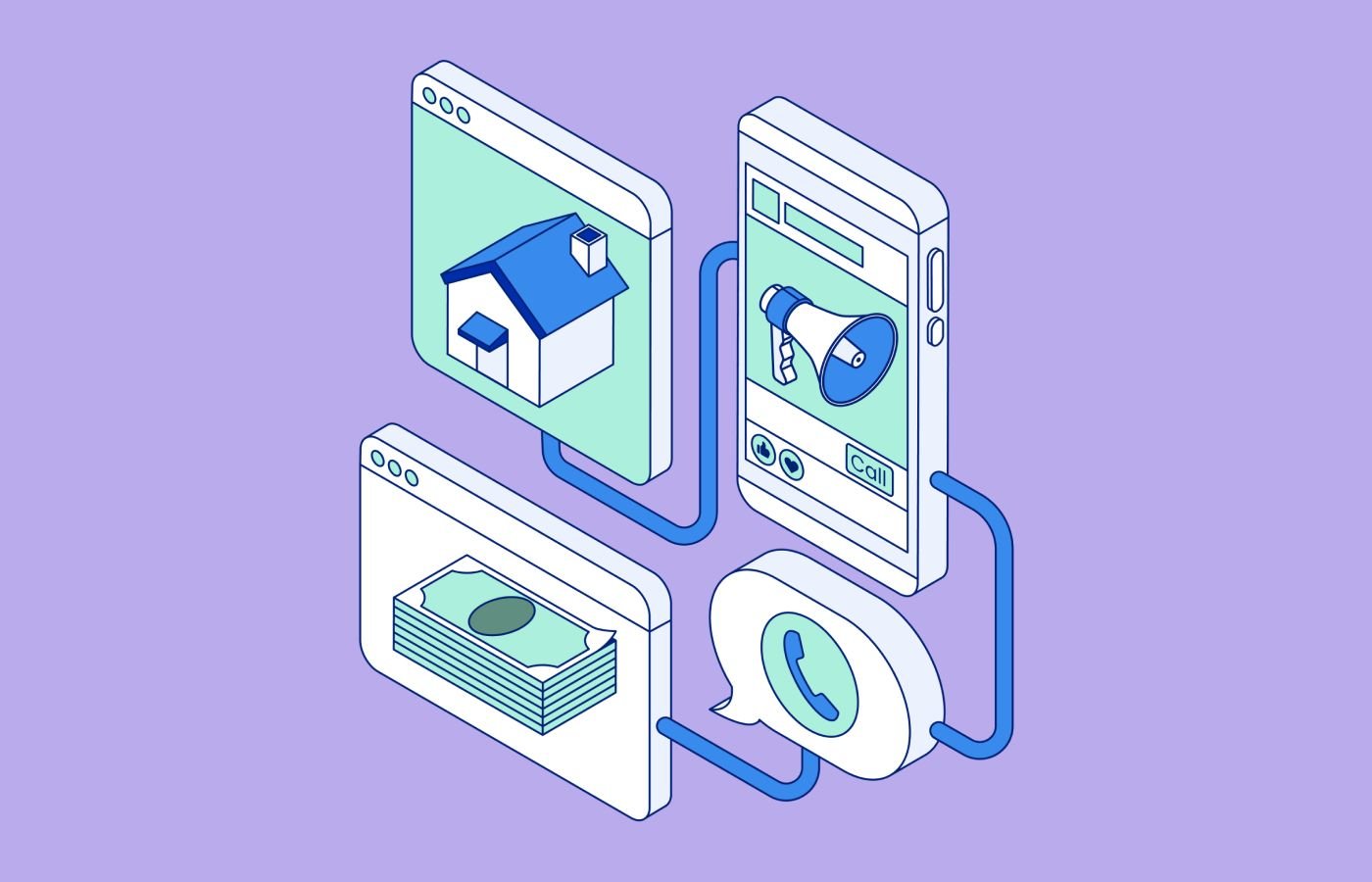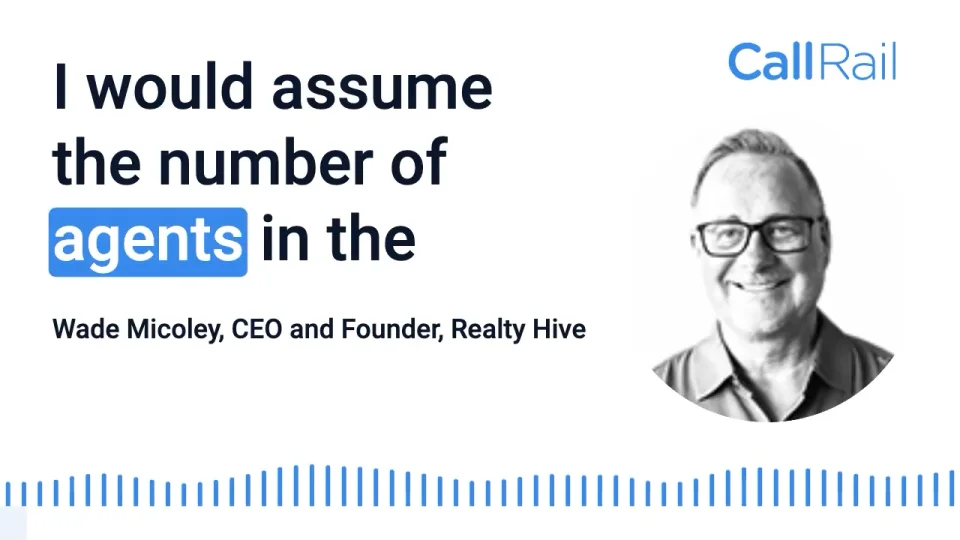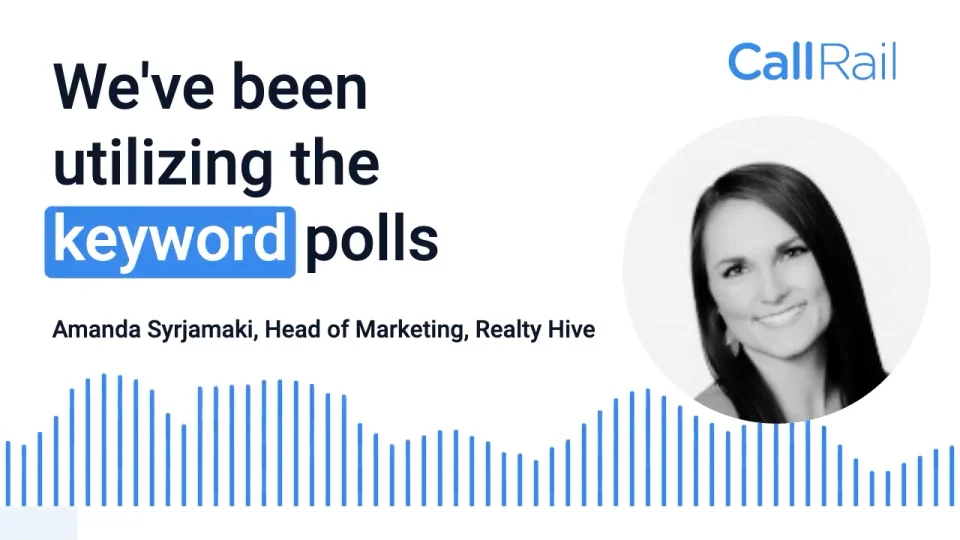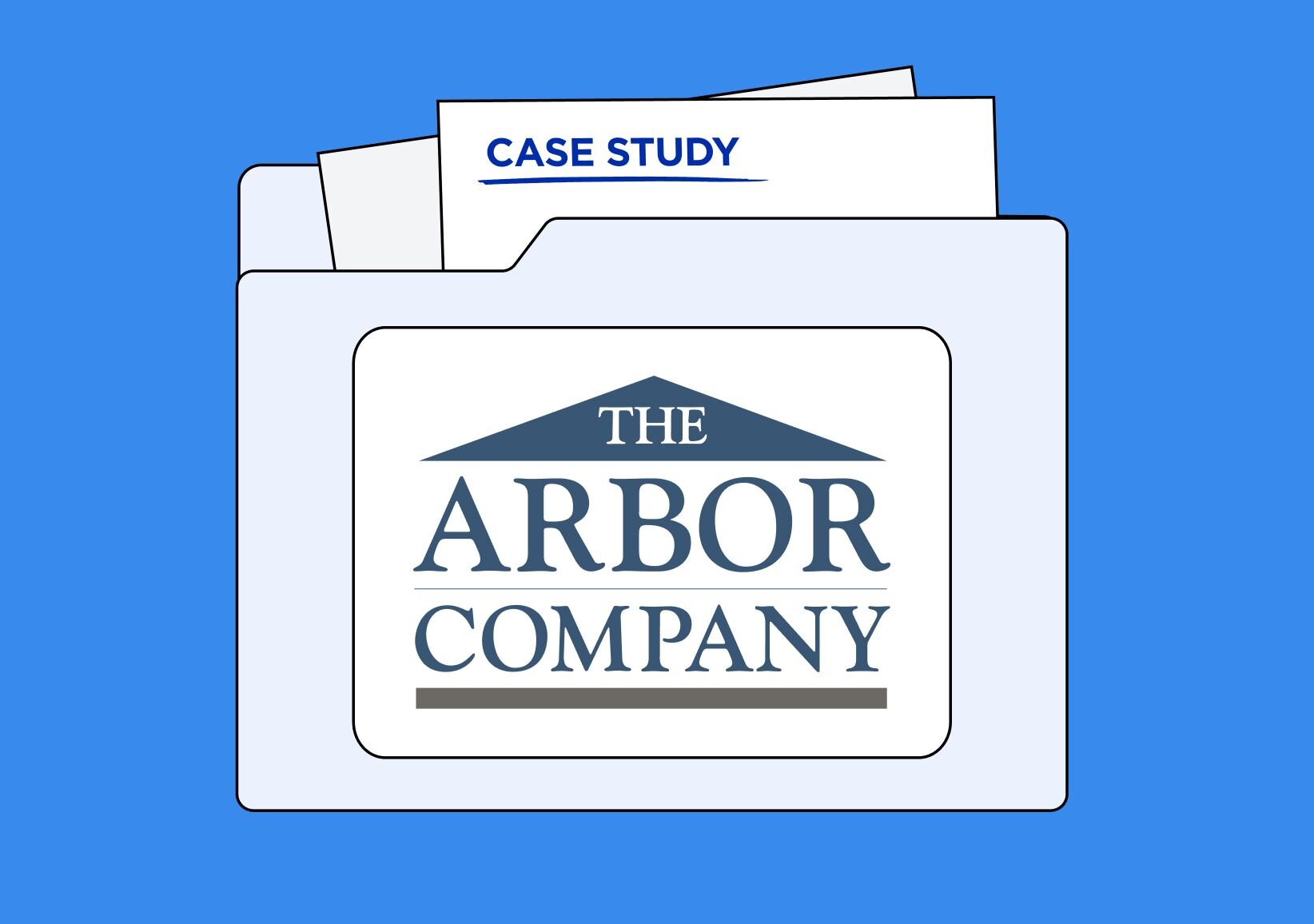The real estate landscape is undergoing a period of transformation. With interest rates higher than two years ago and advances in AI technology poised to significantly impact the industry, those who survive and thrive in the midst of all this change will have to transform as well.
To discuss this disruption, we sat down with Wade Micoley, CEO and Founder of RealtyHive, Amanda Syrjamaki, Head of Marketing, and Alex Ryczek, Director of Business Development. Not only do they have multiple decades of combined experience in the industry, but RealtyHive is an innovative changemaker in the industry. The real estate marketing agency has introduced innovations like a new app, Cashifyd, and its Time-Limited Event marketing process, a highly customized marketing strategy designed to generate maximum exposure on each property compared to traditional strategies.
In this Q&A, the RealtyHive team shares their observations on the current real estate landscape and discusses strategies for empowering buyers and sellers in an increasingly competitive marketplace.
Discussing listing shortages
Q: Let's start by discussing current trends you've observed in the real estate market this year. What trends are you seeing, and do you anticipate them carrying over to next year?
Wade: One trend is a shortage of listings, and I think that's going to continue for quite a long time due to what's known as the "lock-in effect." Approximately 65% to 70% of people currently have a mortgage locked in under 4%, so it's very difficult for those people to justify moving unless they have to. Even if their home has gone up in price, they would have to double their interest payment on a new house purchase that costs even more than it did last year. So this lock-in effect is likely to drag on until either interest rates decrease or there's an influx of new inventory, possibly through foreclosures or increased construction. But, I don't foresee the foreclosure market in residential real estate being as robust as it was between 2008 and 2010.
Discussing Interest Rates
Q: The higher cost of buying a home on a number of fronts is definitely a real challenge for the marketplace. We've talked about the impact on sellers, but what about the impact on buyers?
Alex: The rise in interest rates from 3% to 8% translates to a substantial increase in monthly payments. For instance, a $400,000 mortgage at 3% would result in roughly $1,600 per month mortgage, but $1,600 per month at today's rates will only get you a $220,000 mortgage. This jump in rates has effectively taken roughly five million potential buyers from the market due to the increase in the payment. To put it in perspective, that's nearly the entire population of Wisconsin. You still have buyers out there, but they're only able to look at lower-priced houses, so then they're competing with more people at a lower price.
Q: How do these higher interest rates impact the number of leads coming in, and what types of conversations are you having with potential clients in light of these changes?
Wade: First of all, if you need to sell or want to sell, it's obviously a great time to sell because there are still buyers out there. But the strategy of what a typical agent has to do now is very different than it was 12 or 18 months ago. How are you, as a specific agent or company, going to take advantage of the marketplace to get your share because sales have gone down?
Discussing New Tech
Q: So what types of strategies do you suggest, or how do you think agents need to innovate for today's marketplace?
Wade: At RealtyHive, one solution we've come up with is an app we created called Cashifyd. The app is connected in 40 states currently, and it allows U.S. consumers to find agents willing to give them cashback at closing to work with them. The app is a new tool the agent can download for free and use, and the consumer gets part of the commission back, which is a way to make the agent stand out. It will get them more attention and more buyers. That's the kind of thing as an agent that you have to go out and try and find and do – whether it's an app or something else that is going to make you stand out to the buying public.
Q: It's great to see that Realty Hive just dug in and created a novel solution to help in the current marketplace. Speaking of technology-based solutions, what are your thoughts on the impact of AI in real estate?
Wade: We're very in favor of AI, we just don't know where it's going to land yet.
Q: Switching gears a bit, I'd like to ask about CallRail and its role in your operations. How have you been utilizing CallRail, and what specific use cases have you found more valuable for your business?
Wade: One of the most expensive things is advertising and one of the key things with advertising is to know what works and doesn't work. If you're running three, five, or six, or in our case, 10 or 20 different things, it's pretty important to understand what actually works and what doesn't work. The idea of asking a customer, where did you call from or where did you see this from, is never really that accurate. And the fact that you have to have somebody that actually asks the question and actually writes it down and tracks it all, when we first got CallRail, that was one of the big things that attracted us to it is that we could track what was working and what wasn't working.
Amanda: Yes, previously, we were running print ads in the Chicago Tribune and a lot of other big-name newspapers, and those aren't cheap, so it definitely helped us to prove to ourselves that even though the readership might be within the millions, was it actually working? And those numbers proved it wasn't working, and we were able to then allocate that budget to what we know is working.
Amanda: In addition, for traditional non-digital formats, such as print, which is still out there, just in different forms, whether we're going to an event and we have flyers or postcards or even business cards, we're using the tracking numbers to see whether or not we're getting traction from those items.
Final Thoughts
Q: Those are all great use cases, thanks for sharing. To wrap up, what's a final piece of advice you'd give to agents and others in the industry?
Wade: The people that stand out in times like these, that actually don't just survive, but do really well, it's because they kind of change the game. And changing the game will get you attention, and attention will get you more clients. So, to me, the days of just being an agent and saying, "I have a license. I'm a really nice person. I do a good job," all of that should be entry into the business. You have to go way beyond that now to be able to get people to pay attention to you.
Start a 14-day free trial today to see how Call Tracking can set your real estate business apart from the competition.













